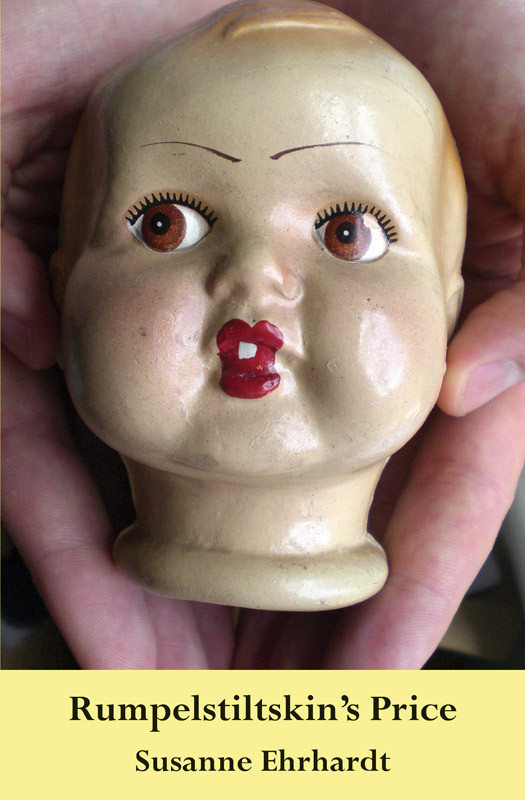BLIP, Fall 2010
-Reviewed by Claire Trevien–
You could say that BLIP has an identity crisis problem since you might know it under a different name, as RickMagazine.net or the MississippiReview.com, but the various transfers have not dented this quarterly’s reputation. Indeed, Flavor Wire rated it No2 in its top ten literary magazine list. Each issue is guest edited with a theme, and the fall issue (on accommodations) was taken care of by Sara Lippmann & Gary Percesepe. Let’s hope they stick with the name for a while, it’s a good one.
With such a build up, some disappointment is of course inevitable as anyone who’s ever been told to see the ‘film of the year’ can attest. The disappointment though, is part of the feelings that many of these tales try to generate: tales of compromises, of blighted ambitions, of narrow lives. Two stories in particular, Julie Innis’ ‘Big Angel’ and Jennifer Pashley’s ‘And One Blue Pussy’ follow the interval in a person’s life where an alternative is glimpsed, possibilities explored only for routine to return at the end. Others, such as Kim Chinquee’s ‘Physics’ offer no hope from beginning to end. As the editors say, this is what their theme wanted to display: ‘how lives are worn, the fall out’. Not the most uplifting topic in already bleak times perhaps, but as Sue Monk Kid said: ‘Stories have to be told or they die, and when they die, we can’t remember who we are or why we’re here.’ So bring it on.
The quality varies with several promising works stopping short of their full potential such as Mary Gaitskill’s ‘Lockwood’s Lawn’. This is a well-written narrative led by an unlikable character, but marred by too many typos and frustratingly oblique at times. In the poetry camp, Andrea Sharp’s poem ‘The School’ is a sprawling study of ‘fish’ in different school subjects. It’s an ambitious and intriguing idea with beautiful moments of clarity but lacks rigour with its arbitrary line breaks and unsupported colloquial style. Both these pieces feel as if they could have benefited from a firmer editorial hand.
The standout story in this issue is Jonas Moody’s ‘Neither Odd Nor Even’, a subtle tale of relationships and foreignness. The story revolves around Celia, a fourth-grade teacher and her trip to Iceland to visit her gay best friend’s wedding to a ‘Viking’. The seven years in which they have not seen each other, and the displacement felt by Celia at his not being part of ‘her America’ anymore is expressed through a seamless collage of memories, present action and thoughtful recaps. The mixture of love and regret she has for him is spelled out beautifully:
‘Her love for him is not complicated. But when she forces herself to explain, it stupefies her and she suddenly knows nothing. The same way her students shy away when she asks them if zero is odd or if it’s even. They look at her and smile coyly and they cannot say.’
Celia recalls a time when she had to pretend to be his girlfriend for his father, and the way this ‘reverberated in that uncharted place in her mind’. Moody carefully speaks of the ghosts of wifehood and motherhood haunting Celia’s friendship and the story works as the painful exorcism of these half-formed hopes. Moody’s story may be specific, but it works too as a painful and striking study of dislocation, avoiding on its way the pitfalls of preaching.
Whether BLIP is on my personal top ten online magazines list is not certain: the poetry is under-represented and lacks discipline, the quality of the prose is variable, and easily rectifiable typos undermine the façade. Having said that, the issue is laudably unified in spite of the multiplicity of voices, I admire the bravery of having the pieces stand alone (with biographical information on a separate page) and there are a number of stand-out pieces. If future guest editors can take care to fine tune this promising instrument, then we’re on to a winner.



We’re big fans of Gary Percesepe at PANK Magazine, but he is not one of our editors.
My bad! Duly removed, no idea where I got that information from…